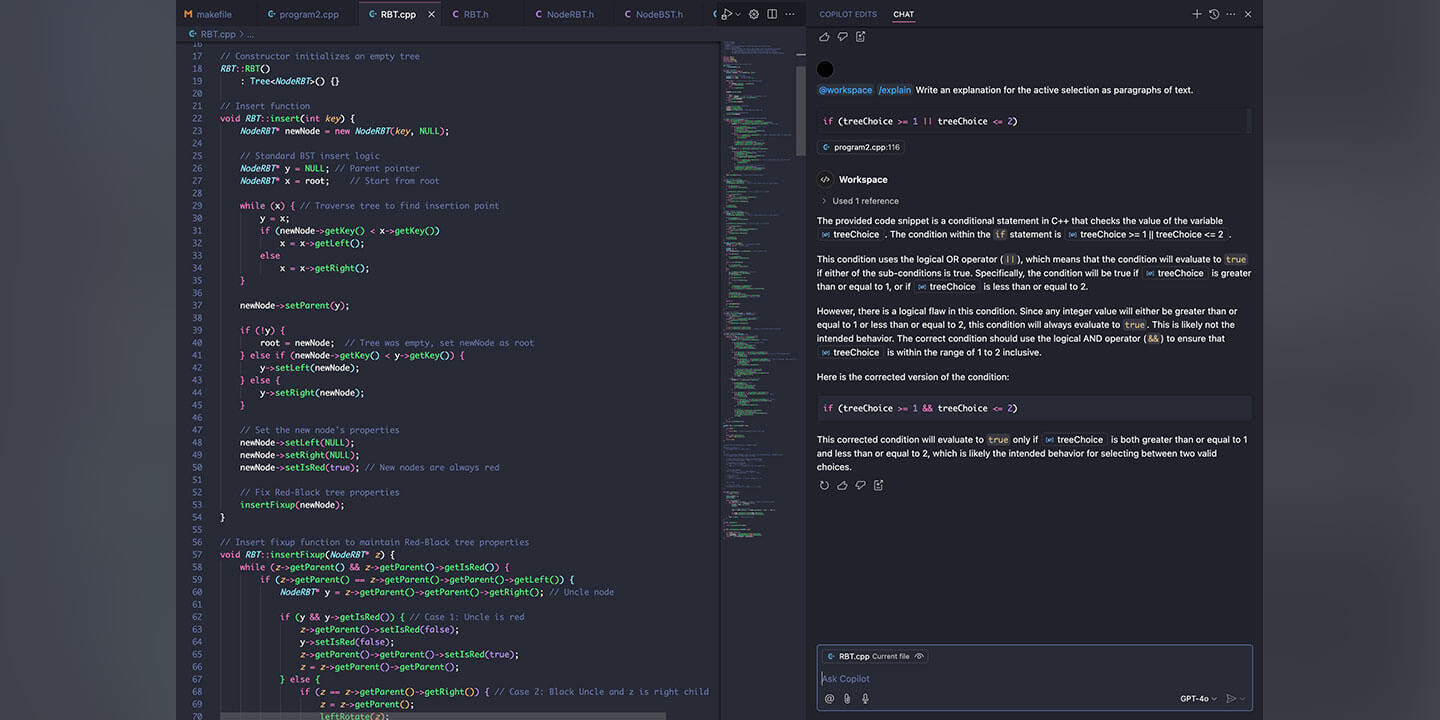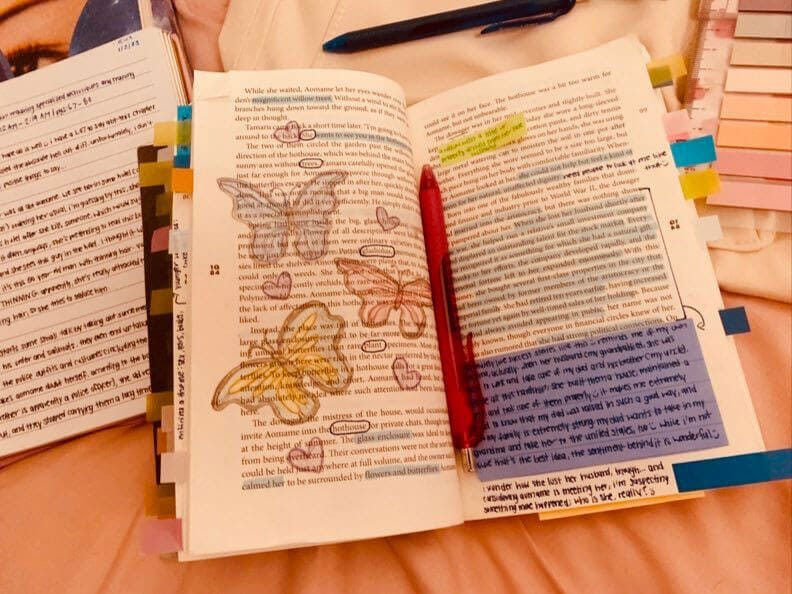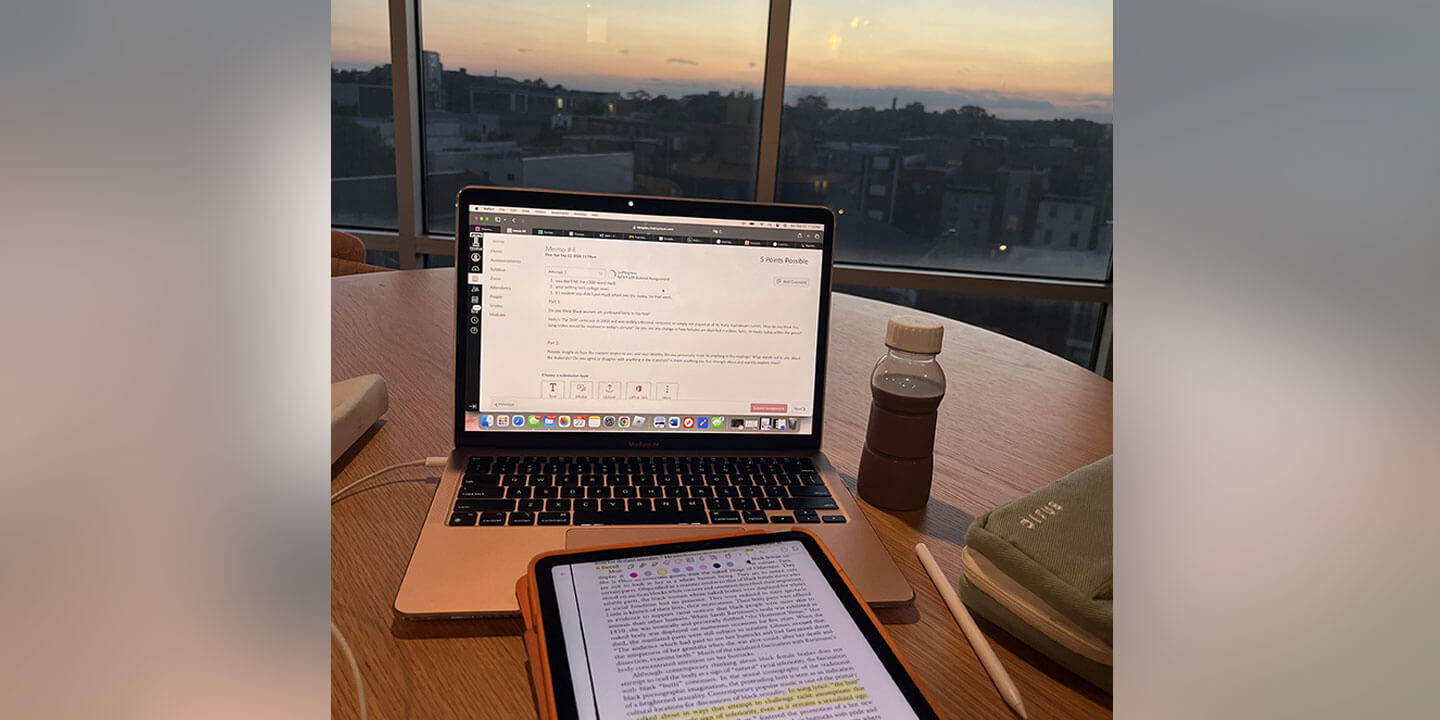
Reading Between the Lines: The Power of Annotation

Do you feel stuck in a reading rut, unable to recall the knowledge you've just absorbed? If this is you, don't worry because there's a solution: annotation! Although there is no "correct" way to use this approach, annotating can be described as writing your thoughts, questions, and observations immediately on the material you're reading. This establishes a permanent record of your thoughts and ideas for future reference, while enhancing your comprehension of the subject matter.
Highlighting
To begin annotating, I typically take a highlighter and a pen and jot down my thoughts on a sentence, passage, or chapter I've read. I prefer to apply my prior knowledge before reading the chapter and critically search what I have read. This not only enables me to revisit and comprehend what I have written but also allows me to analyze the text in real time, aiding me in understanding the material and identifying where I have encountered confusion.

Doodling
Whenever I have the luxury of time (or when I'm reading a creative text), I enjoy doodling on the pages. This adds visual appeal and helps accentuate the underlying themes or concepts in the chapter. For instance, I have drawn butterflies on the pages that talk about butterflies as a metaphor for transformation and rebirth. Now, whenever I revisit the page or chapter, I can instantly recollect the theme and effortlessly peruse what I have written before!
Understanding
Annotation has been shown to improve memory retention and understanding. By summarizing the most important ideas and making links between them, you will be better able to recall and comprehend the offered information. In addition, the process of annotating compels you to examine and respond to the ideas presented in the book, fostering analytical and critical thinking abilities that will be useful in any circumstance.
Whether you're a student struggling with some really heavy academic books, a professional attempting to keep up with industry advancements, or a passionate reader hoping to immerse yourself in an engaging book, annotating is a practice that can help everybody! By taking a more active position in your reading, you'll become more reflective and attentive, helping you to properly assimilate and enjoy the material at hand!
Do you have a compelling story or student success tips you’d like to see published on the Pearson Students blog? If you are a college student and interested in writing for us – click here to pitch your idea and get started!



